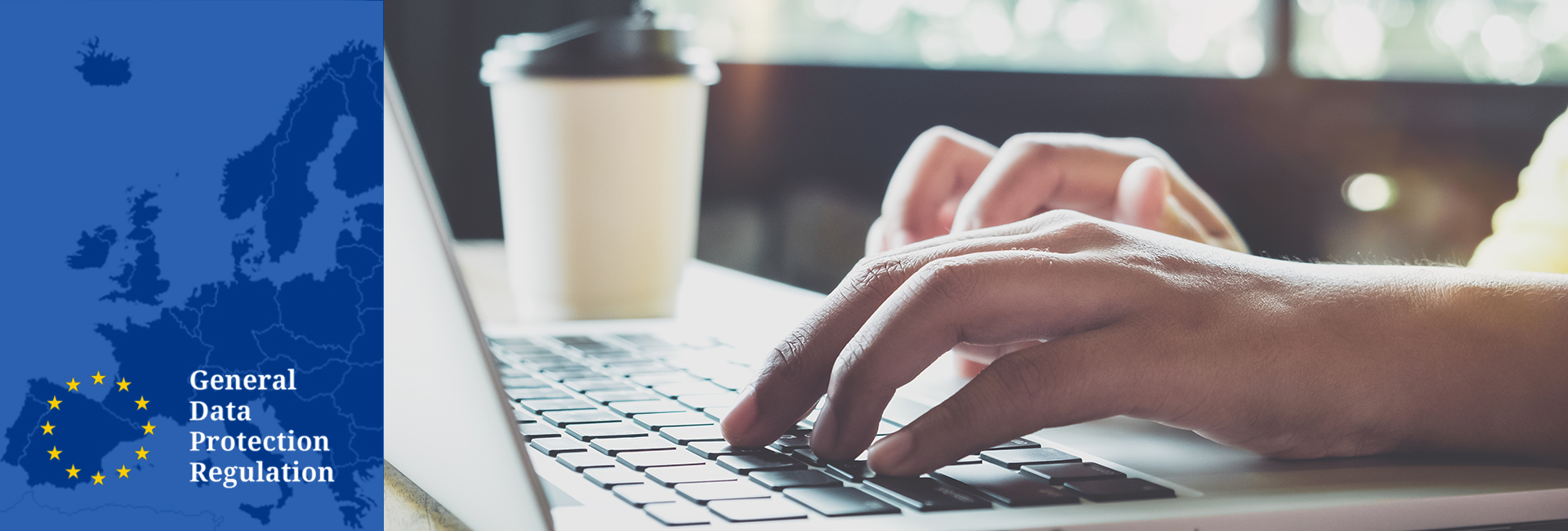GDPR is coming. In fact the EU’s General Data Protection Regulation, to give its full title, comes into force on the 25th of May. If you’re a company that operates online, that means you need to know your way around the new rules that define exactly what consumer data you have access to, and how it can be used.
Don’t be tempted to ignore these changes – the potential fines for non-compliance are up to 4% of annual global turnover or €20 million “whichever is greater”!
The overarching goal of this new regulatory framework is to give citizens power over the data that companies collect from-and-about them.
As a result, it should protect individuals’ privacy, eliminate unsolicited emails, and provide greater online security from headline-grabbing threats like misleading political adverts and fake news.
For marketers, this has a couple of practical implications. The first of these changes is that explicit consent is required to obtain and use an email address. This means you need consent both to capture someone’s email address, and also consent to use it.
The second is that sale of “any personal data belonging to EU citizens” will be prohibited. That means information such as their age, gender, and educational level is now not available for resale (although individuals can still opt to willingly share this information with parties who obtain explicit consent), and it means you can’t buy information like email addresses either.
A third factor to consider is that EU citizens will now have “the right of access and erasure”. This gives people the right to obtain confirmation of whether their data is being processed by you, what that data is, and obliges you to provide it, in full and at no charge, at their request. It also obliges you to erase their personal information on request.
GDPR will be a change of pace for businesses that rely on online marketing, but there is an upside: strict data protection laws mean that the only way to stand out is to offer better creative marketing, brand strategy, and design. Everyone will be on an equal footing, and success will depend on the quality of the work.
Ultimately, this is a benefit for Kiss, as we have always relied exclusively on the quality of our marketing to drive success. It’s also a benefit for our clients, who can remain confident that GDPR won’t impact their online presence untowardly. And, of course, it’s a benefit to anyone who surfs the web: the internet is about to become a much better place.
Need help ensuring your GDPR compliance doesn’t hold you back? We’d love to help. Get in touch and send us a messgae via our contact page today.
